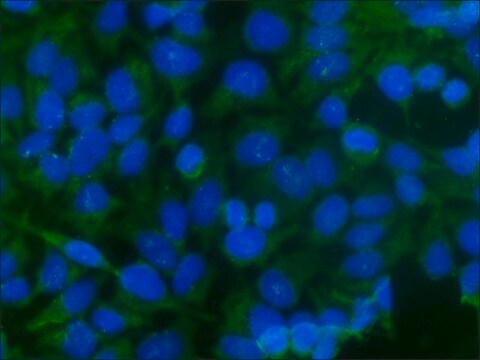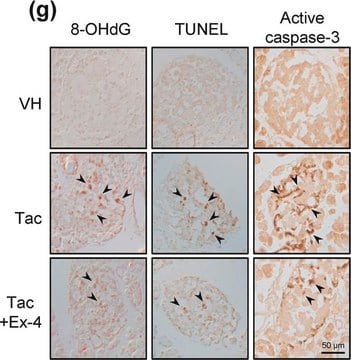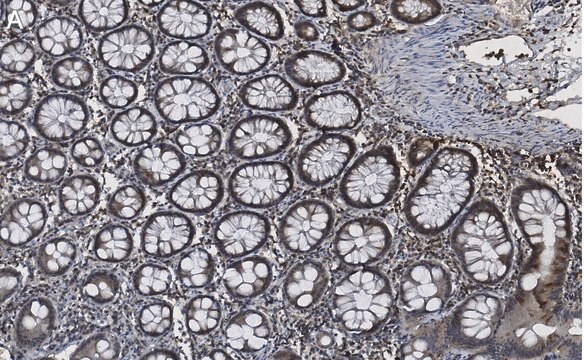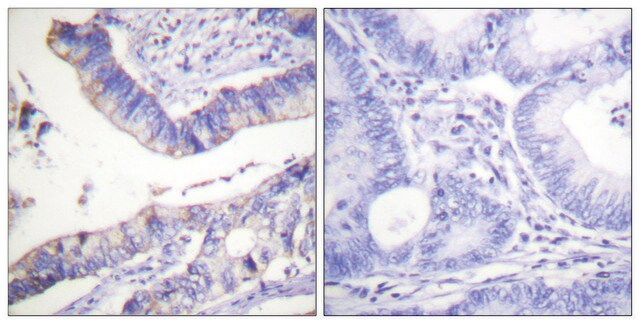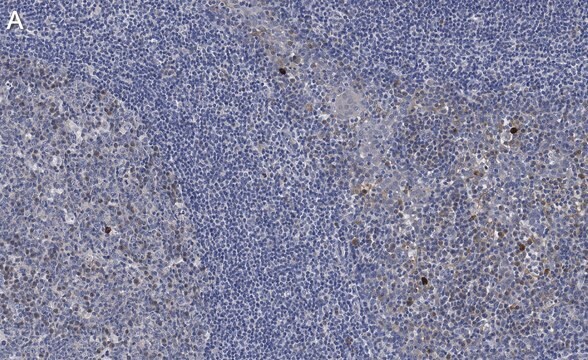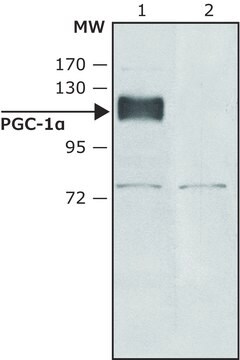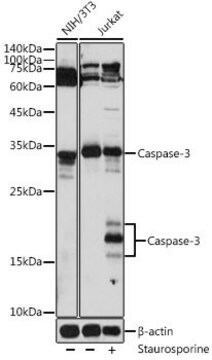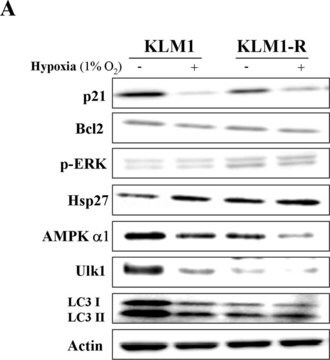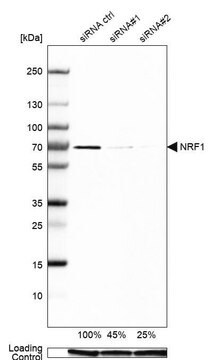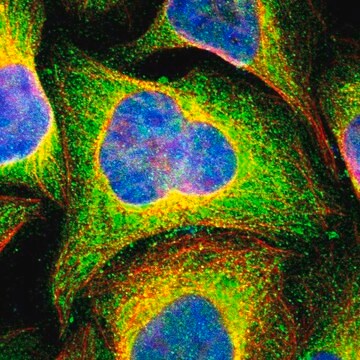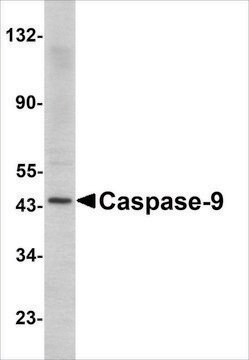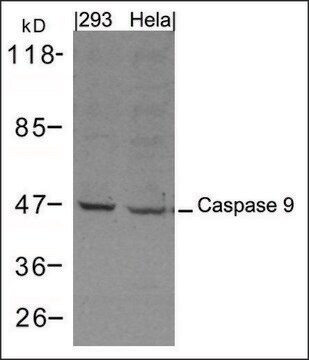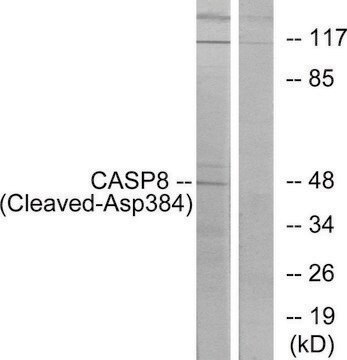SAB3500404
Anti-Caspase-8 antibody produced in rabbit
affinity isolated antibody, buffered aqueous solution
Synonym(s):
Anti-FLICE, Anti-MACH, Anti-Mch5
About This Item
Recommended Products
biological source
rabbit
Quality Level
conjugate
unconjugated
antibody form
affinity isolated antibody
antibody product type
primary antibodies
clone
polyclonal
form
buffered aqueous solution
mol wt
predicted mol wt 55 kDa
species reactivity
human, mouse, rat
technique(s)
ELISA: suitable
immunocytochemistry: suitable
immunofluorescence: suitable
immunohistochemistry: suitable
western blot: suitable
NCBI accession no.
UniProt accession no.
shipped in
dry ice
storage temp.
−20°C
target post-translational modification
unmodified
Gene Information
human ... CASP8(841)
Immunogen
Features and Benefits
Linkage
Physical form
Disclaimer
Not finding the right product?
Try our Product Selector Tool.
recommended
related product
Storage Class Code
10 - Combustible liquids
WGK
WGK 2
Flash Point(F)
Not applicable
Flash Point(C)
Not applicable
Choose from one of the most recent versions:
Certificates of Analysis (COA)
Don't see the Right Version?
If you require a particular version, you can look up a specific certificate by the Lot or Batch number.
Already Own This Product?
Find documentation for the products that you have recently purchased in the Document Library.
Customers Also Viewed
Global Trade Item Number
| SKU | GTIN |
|---|---|
| SBP3500404-0.05MG | 4061832161525 |
| SAB3500404-100UG | 4061832179551 |
Our team of scientists has experience in all areas of research including Life Science, Material Science, Chemical Synthesis, Chromatography, Analytical and many others.
Contact Technical Service